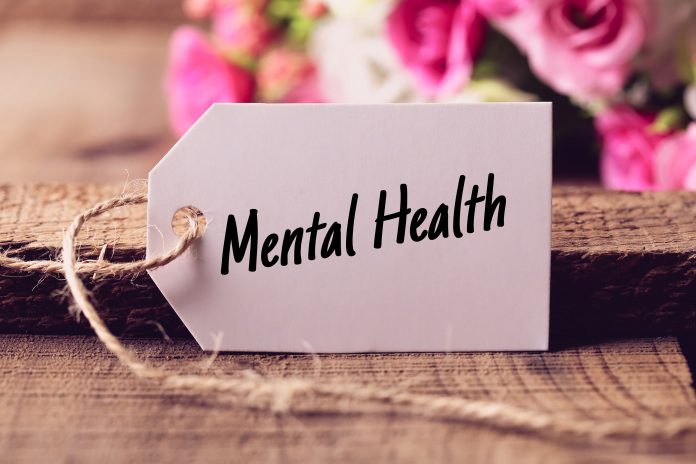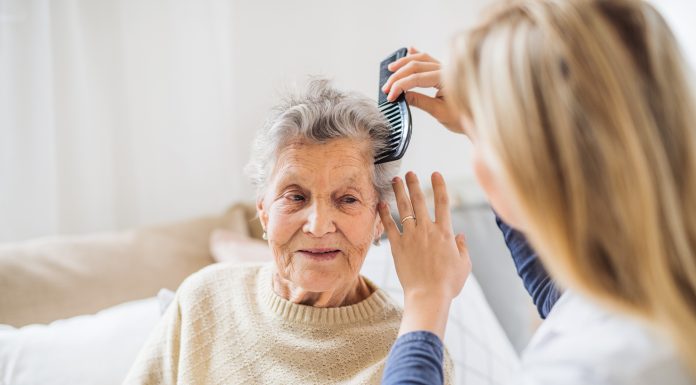There are certain things we consider “problems for the young.” Both addiction and mental health issues often fall into that category. Unfortunately, we couldn’t be more wrong.
As many as 50% of nursing home patients struggle with alcoholism and over 2 million Americans aged 65 or older suffer from some form of depression.
Addiction and mental health issues are running rampant in the senior popular, and there’s often a correlation between the two.
If you think you’re safe from mental health disorders, consider this: depression is a mental health issue.
Unfortunately, we’re intimately familiar with things like loss and grief. It’s the circle of life, and it’s our time to say goodbye to too many of our loved ones. Grief can turn to depression in an instant.
The best way to combat depression is to look after each other. Know the symptoms of mental illness and get help if you know someone who is suffering.
Symptoms of Mental Illness in the Elderly
Look out for the following symptoms of mental illness among your friends and in yourself.
- Sudden changes – When someone suddenly stops caring about their appearance, lets the house get messy, and the weeds grow, it’s usually a sign of a problem.
- Weight and appetite changes – When someone is depressed, they may eat more and gain weight or stop eating and lose weight. It all depends on their relationship with food. Regardless of which happens, it’s an issue.
- Confusion – Dementia is a reality for many seniors, but depression symptoms often mimic dementia signs. Confusion, disorientation, memory loss and problems concentrating are all signs of depression. Whether it’s depression or dementia, we should be addressing the root cause.
- Lasting sadness – If you or someone you love seems to be “in a funk” that doesn’t lift, there may be a deeper problem. Depressed feelings that last more than two weeks should be addressed with a professional.
- Feelings of helplessness and misplaced guilt – Over a lifetime, we’ve all done things that have left us feeling guilty. But if you notice someone dwelling on guilt or feeling helpless, involve a professional counselor.
- Social withdrawal – When someone is depressed, the last place they want to be is in public. They’ll likely spend most of their time at home watching television or reading. They may not even realize there’s a problem. Start by addressing the issue and inviting them out more often. If that doesn’t work, they may need to see a counselor.
- Unexplained fatigue – In the elderly, unexplained fatigue could be normal, or it could be a sign of depression. If you or someone you love often feels too tired to visit with family and friends, depression is the likely culprit.
Depression is a serious mental health issue that we must nip in the bud. If you think you or someone you love is suffering from depression, know that it can get better. Many seniors don’t get help because they feel it’s pointless, but that’s not true. We still have plenty of life to enjoy, and we shouldn’t let depression stand in our way.
























